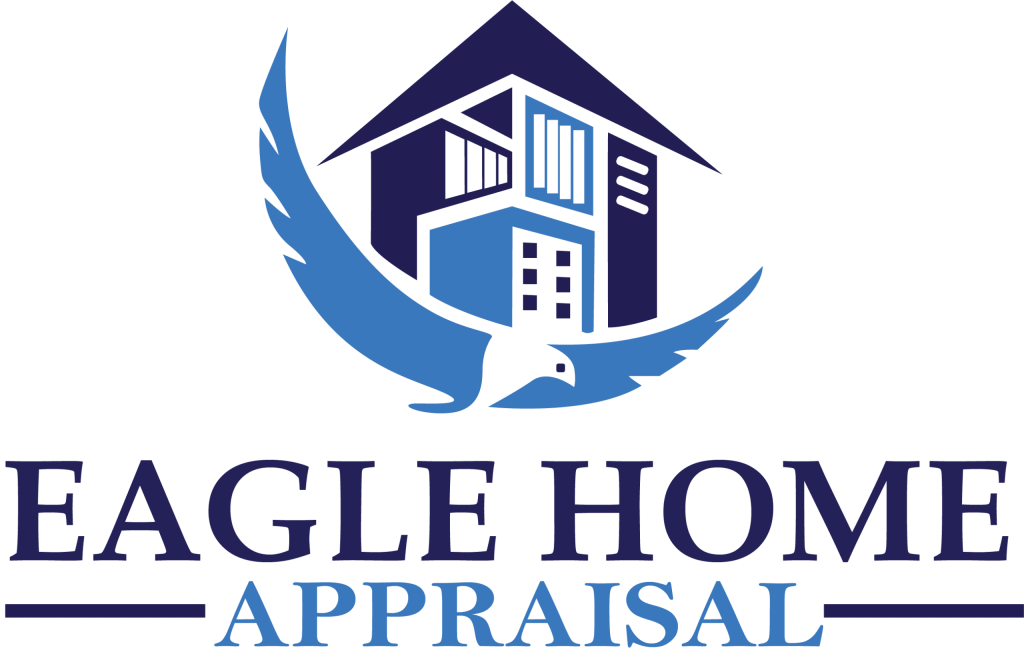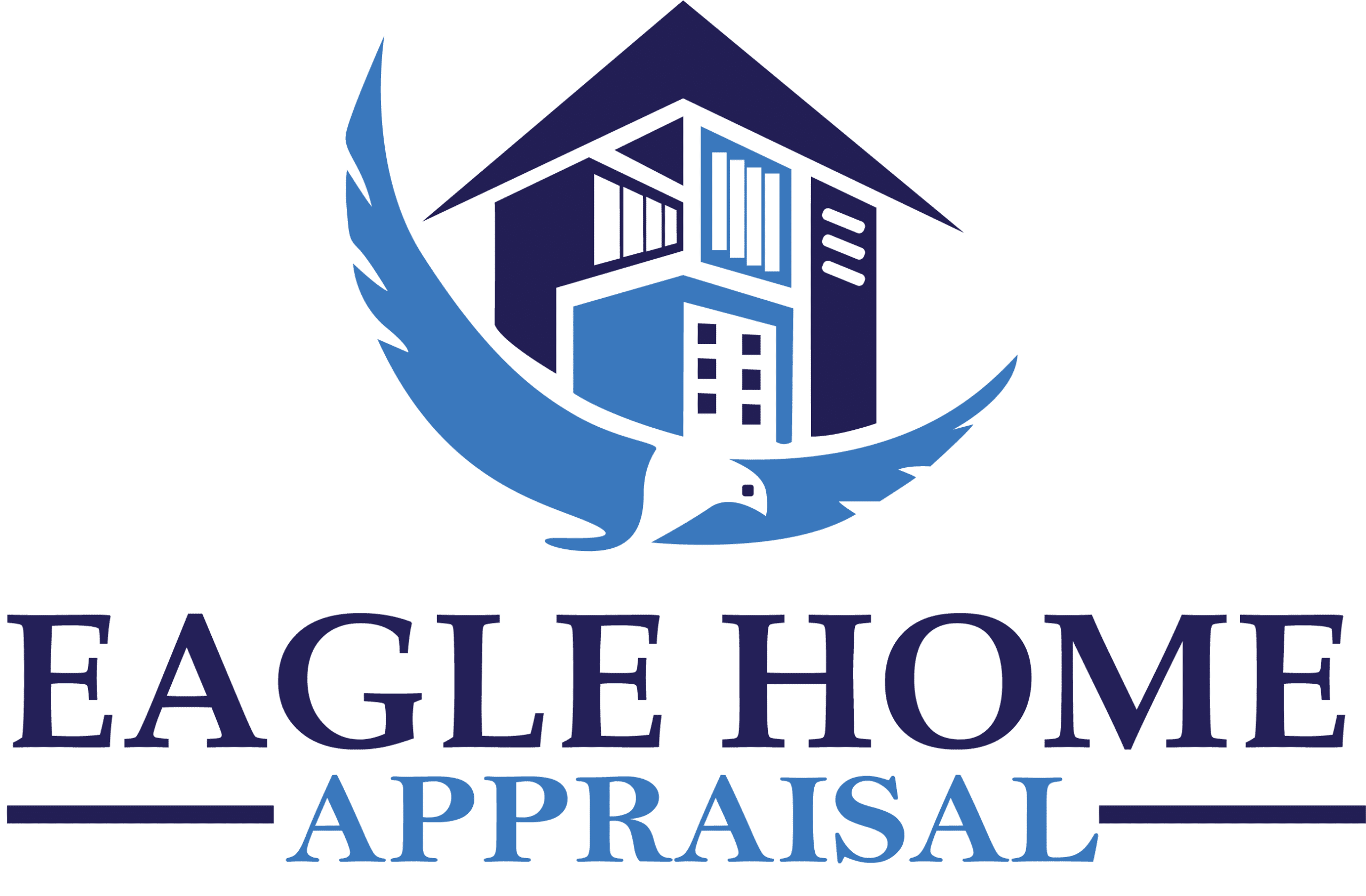How to Boost Your Appraisal Value Before Listing Your Home
 If you’re preparing to sell your home, you already know that pricing it right is crucial. But before any deal can close, there’s a big step that can make or break the transaction: the real estate appraisal. This professional evaluation of your home’s market value plays a critical role in determining whether a buyer can secure financing—and ultimately, whether your deal goes through.
If you’re preparing to sell your home, you already know that pricing it right is crucial. But before any deal can close, there’s a big step that can make or break the transaction: the real estate appraisal. This professional evaluation of your home’s market value plays a critical role in determining whether a buyer can secure financing—and ultimately, whether your deal goes through.
Fortunately, homeowners can take proactive steps to improve their appraisal outcome—often without spending a fortune. A higher appraisal not only helps the sale proceed smoothly, but it can also justify your asking price or even support a bidding war in hot markets.
Knowing how to improve a home’s appraised value before selling helps you stand out in a competitive market and ensures that you get the price your home truly deserves. Below are strategic ways to prepare your home and maximize its appraised value before listing it.
1. Boost Your Curb Appeal
First impressions aren’t just for buyers—they matter to appraisers, too. The outside of your home sets the tone for the entire evaluation. A tidy, well-maintained exterior suggests the home is in good condition throughout and signals that the interior will be just as cared for.
Simple tasks that can elevate your home’s curb appeal include:
- Mowing the lawn and trimming overgrown bushes
- Repainting the front door or shutters for a fresh, updated look
- Power washing siding, walkways, and the driveway
- Fixing cracked pavement, uneven steps, or loose railings
- Planting seasonal flowers or adding fresh mulch for a pop of color
While curb appeal might not directly add thousands to your appraisal, it can shape the appraiser’s overall impression—and that perception matters.
2. Declutter and Deep Clean Every Room
Appraisers are trained to look past personal items and decor, but a clean, organized space makes it easier for them to assess your home’s true condition and features. A messy or cluttered environment can distract from the layout, square footage, or upgrades, potentially resulting in a lower valuation.
Here’s how to prepare the interior:
- Remove personal items, bulky furniture, and clutter to make spaces appear larger
- Organize closets, cabinets, and storage areas—yes, appraisers may peek inside
- Shampoo carpets, mop hardwood or tile floors, and wipe down all surfaces
- Clean windows, mirrors, ceiling fans, and light fixtures
- Scrub bathrooms and kitchens until they shine
- Pay special attention to odors—neutralize smells from pets, smoke, or food
A sparkling clean home gives the impression of meticulous care, which can positively influence the appraiser’s perception of value.
3. Handle All Minor Repairs
Small maintenance issues can add up, signaling neglect and potentially lowering your appraised value. What might seem like minor annoyances to you may appear as red flags to an appraiser.
Before the appraisal, walk through your home and fix:
- Leaky faucets and running toilets
- Cracked tiles, holes in walls, or peeling paint
- Squeaky doors, broken handles, or sticking locks
- Burned-out bulbs, missing light switch covers, or outdated smoke detectors
- Windows or sliding doors that don’t open or close properly
Don’t let minor issues cast a shadow over your otherwise well-maintained property.
4. Update What You Can—Affordably
While major renovations can certainly increase home value, they’re often not practical right before a sale. Instead, focus on cost-effective improvements that can make your home feel more modern and move-in ready—especially in kitchens and bathrooms, which tend to carry the most weight with buyers and appraisers.
Consider the following budget-friendly updates:
- Swap out dated cabinet knobs and drawer pulls
- Repaint walls in fresh, neutral tones
- Install modern light fixtures or updated faucets
- Add a tile backsplash in the kitchen
- Hang a new mirror or vanity light in the bathroom
Even simple aesthetic changes can help your home look more updated, which may positively impact the appraised value.
5. Document Renovations and Improvements
Your appraiser won’t automatically know about improvements that aren’t visible, such as upgraded insulation, a new roof, or an HVAC replacement—unless you tell them.
Put together a list that includes:
- A description of each renovation or major repair
- Dates the work was completed
- Total cost of each project
- Contractor information or permits (if available)
Providing this documentation can help the appraiser verify and consider your investments, especially for improvements that might not be obvious during a walk-through.
6. Ensure Full Access for the Appraiser
An appraiser’s ability to accurately assess your home depends on their access to all areas of the property. Incomplete access can delay the process or result in an unfavorable appraisal due to missing information.
Before the appointment, make sure the appraiser can easily get to:
- All rooms, including finished or unfinished basements and attics
- Garage, sheds, or other outbuildings
- HVAC system, water heater, electrical panel, and crawl spaces
- Decks, patios, and fenced-in yards
Leave all doors unlocked or provide keys as needed. Clear paths through cluttered areas so the appraiser doesn’t have to move items to complete their inspection.
7. Highlight Special Features and Upgrades
You know your home better than anyone. Don’t assume the appraiser will notice every upgrade or unique feature—especially if it’s not immediately obvious.
If your home has any of the following, make sure to point them out:
- Smart home technology (thermostats, security systems, lighting)
- Energy-efficient windows or appliances
- Solar panels or tankless water heater
- Whole-house water filtration system
- Built-in shelving, custom closets, or premium materials
Create a simple bullet-point list that highlights these features. If you’re not present during the appraisal, leave the list on the kitchen counter or email it ahead of time.
8. Know the Local Market and Comps
Appraisals are largely based on comparable sales (“comps”) in your area. Homes that have recently sold in your neighborhood with similar features, square footage, and condition provide the baseline for your appraisal.
Before the appraisal:
- Research recent sales of comparable homes near you
- Note if those homes had similar upgrades or features
- Mention any comps you’re aware of that sold at or above your asking price
Partnering with a local expert like Eagle Home Appraisal in Gilbert gives you the advantage of working with professionals who understand your specific market and how to position your home within it.
Final Thoughts: Prepare with Confidence
An appraiser’s job is to evaluate your home’s market value objectively—but presentation, upkeep, and smart updates can help guide that assessment in your favor. A clean, well-maintained home that shows pride of ownership is more likely to receive a higher appraisal, which can boost your selling power and reduce the risk of the deal falling through due to a low valuation.
To recap, here’s your action plan:
- Improve curb appeal for a strong first impression
- Clean, declutter, and depersonalize every space
- Handle minor repairs and maintenance tasks
- Make cost-effective updates that offer maximum return
- Document your home’s history and improvements
- Ensure full access to every area
- Highlight upgrades and energy-efficient features
- Know your local market and recent sales
And when it’s time to schedule your appraisal, turn to Eagle Home Appraisal in Gilbert. It’s important to remember that a home appraisal determines your property’s market value, while a home inspection focuses on its condition and potential repairs. Our experienced team provides accurate, professional evaluations that reflect true market value, so you can list your home with confidence and peace of mind.
Divorce Appraisals
At Eagle Home Appraisal Gilbert, we specialize in providing expert divorce appraiser services, offering expert witness testimony when necessary.
Estate & Trust Appraisals
At Eagle Home Appraisal Gilbert, we offer a comprehensive range of professional estate appraisal services to facilitate estate and trust planning.
IRS & Tax Appraisals
At Eagle Home Appraisal Gilbert, we specialize in providing professional IRS tax appraisal services to minimize capital gains on inherited property.
Real Estate Appraisal
Eagle Home Appraisal is a group of independent fee appraisers committed to delivering competent, credible, and reliable appraisal reports.
Eagle Home Appraisal Services Near Me
Comprehensive Property Appraisals
Expert Witness Testimony
Fair Market Value Assessments
Rapid Turnaround Times
Customized Solutions
Contact Eagle Home Appraisal Today
For more information about our services, get in touch with Eagle Home Appraisal. Our team is dedicated to providing the best customer service, ensuring all your appraisal needs are met with professionalism and expertise. Contact us today to learn more about how we can assist you.
Get A Free Consultation

copyright @2025 all rights reserved | Privacy-policy





